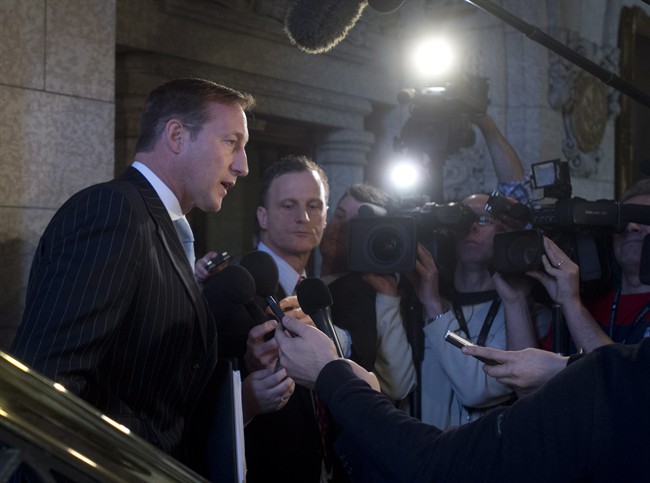The federal government says it has no “readily available” information on diversity among the judges it has appointed. It would be too cumbersome to collect that data, it said in documents tabled last week.

READ MORE: No stats on diversity of judges, government says
The news caused dismay among groups pushing for a judiciary that better represents the multifarious Canadian population it serves.
“Unfortunately, the judiciary in Canada is … far from becoming properly reflective of the increasing diversity of Canadians; although we do not know how far given the lack of information,” Federation of Asian-Canadian Lawyers co-chairs Gerald Chan and Philip Tsui wrote in an open letter to Justice Minister Peter Mackay.
READ MORE: Lawyers ask government why it doesn’t keep stats on judge diversity
Documents from 2012 indicate the government used to compile these stats but doesn’t any more. Spokesperson Clarissa Lamb said the government didn’t have enough time to answer a question going back 20 years.
The original question regarded judges who were women, visible minorities, French-speakers or aboriginals. We didn’t want to make assumptions regarding language or ethnicity based on name alone, but the number of female judges we figured we could measure with some degree of reliability.
So Global News counted all the male and female federal judges appointed since 2006, based on the honorifics used in press releases posted on the Justice department’s website.
The result? Fourteen of the 50 federal judges appointed since 2006 are women. This includes tax court judges, federal judges and judges in the federal court of appeal.
(While gender is not a binary and Justice Minister Peter Mackay noted not everyone self-identifies, male/female honorifics used in official government press releases seemed the best we could do under the circumstances.)



Comments